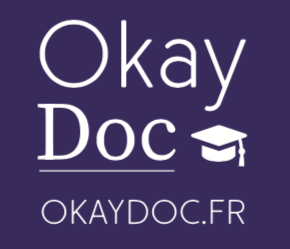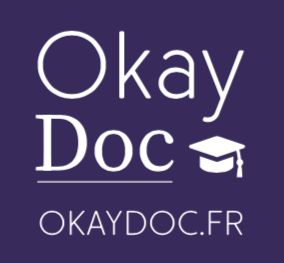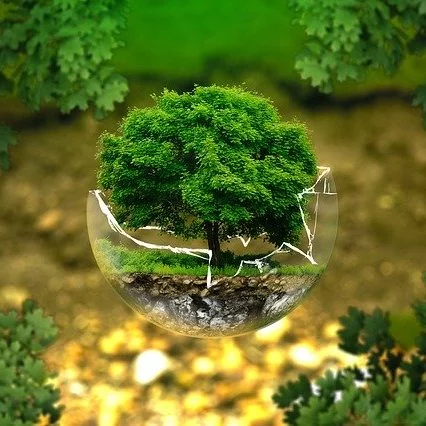
Experts keep on warning us on the problems and dangers of climate change, of the human impact on the environment. The quality of our food, public health issues, are themes that researchers study every day.
Nowadays, ecological transition and sustainable development are methodologies that can provide a global solution to the challenges that globalization has brought us.
Presentation of our Environmental Science Consulting service
The challenge for our Environment department is to support organizations with their projects based on more rational energy use and to support their digital and ecological transition. Thanks to the work of scientific research in these fields, we will be able to provide you solutions with the necessary tools. We are here to help you respond effectively and sustainably to environmental issues that must integrate your economic challenges.
Contact us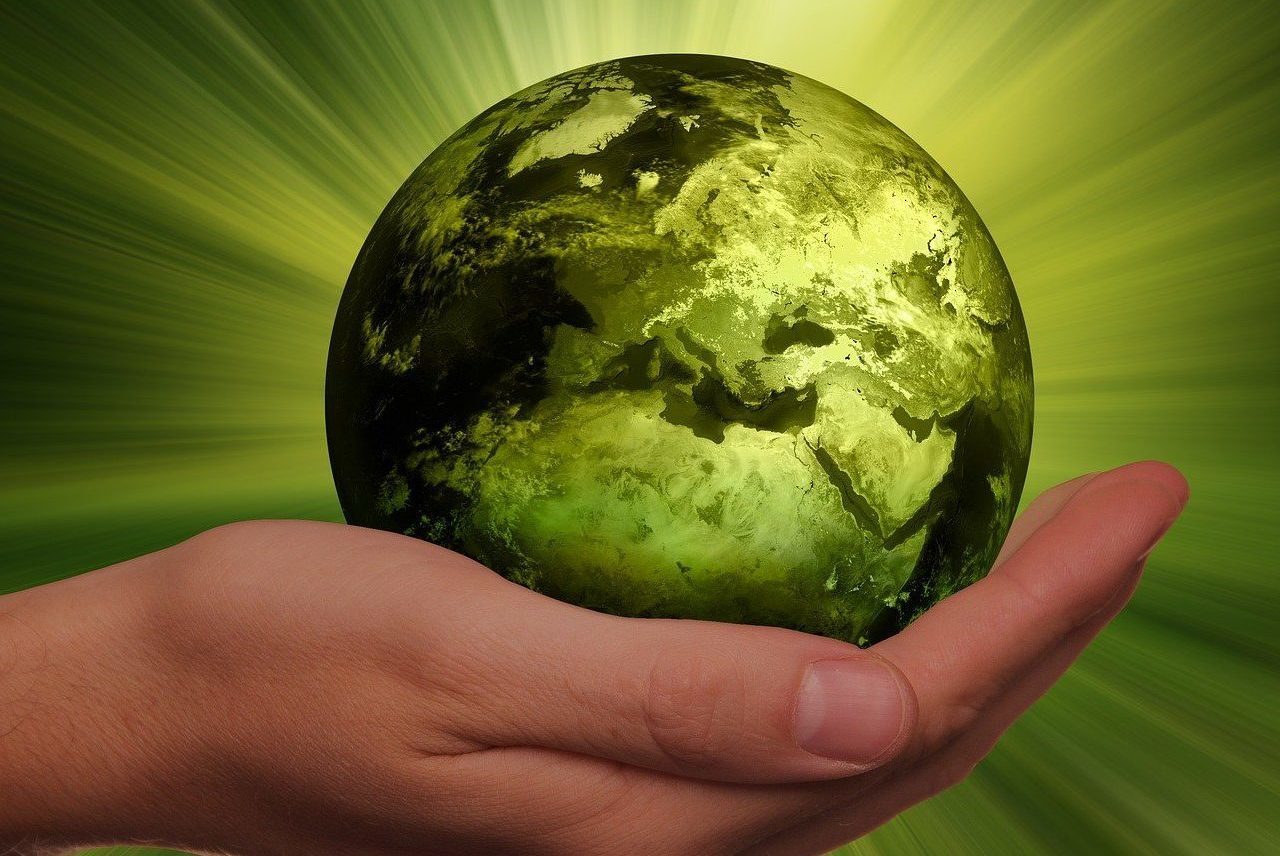
Our services and areas of activity
Communication and science popularization
• Search for speakers
• Prospective seminars
• Colloquium organization
• Training
• Creation and animation of thesis prizes
Consulting and strategy in innovation
• Data analysis
• Exploratory work
• Laboratory studies
• Feasibility studies
• Research notes (R&D studies)
• Technology transfer
• Technology watch
• Study of the regulatory framework
• Impact study
• Energy diagnosis
Scientific research and writing
• Documentary analysis
• Scientific article
• Writing of white papers
• Popular Science
• Technology report
• State of the art
• Summary
Recruitment and talent scouts
• Energy manager
• Renewable energy project manager
• CSR manager
• ESG criteria analyst
• Sustainable Purchasing Manager
• Environmental lawyer
• Industrial Designer
• PhD in chemical engineering
• Doctor in materials science
• Doctor in biomimicry
To go further
Need scientific expertise?
You have an innovative project? Don’t wait any longer, we have the experts!
Tell us about your projectOur catalogs
What is Okay Doc? What can Okay Doc do for me? Discover our solutions adapted to your needs.
Ask for catalogsSubscribe to our newsletter
Discover our newsletter so you don’t miss any news about scientific research.
Sign upEnvironmental Science Consulting: our intervention examples
The following list of intervention examples illustrates the possibilities offered by Okay Doc experts to support you in the Environment field.
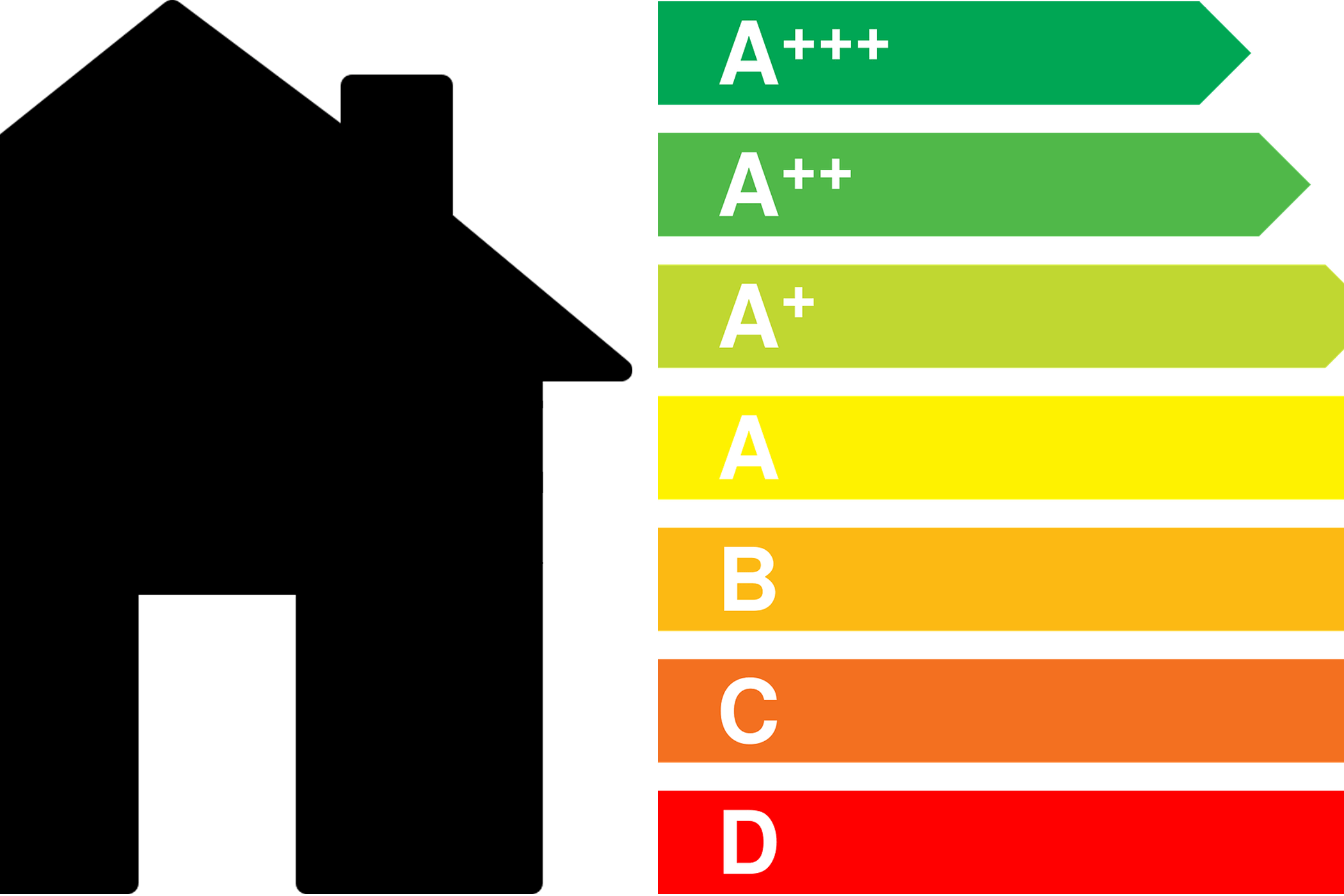
Energy diagnosis
The Energy Transition Law for Green Growth (LTECV) has set a target of 32% share of consumption in renewable energy compared to overall energy consumption in France by 2030. To achieve this crucial objective for our planet, all economic actors have a role to play. Controlling energy consumption pays off for companies that reduce their costs and reduce their environmental impact. Our expert researchers precisely support companies in establishing their energy profile and, after analyzing the results, will make recommendations to monitor, control and save the energy consumed.
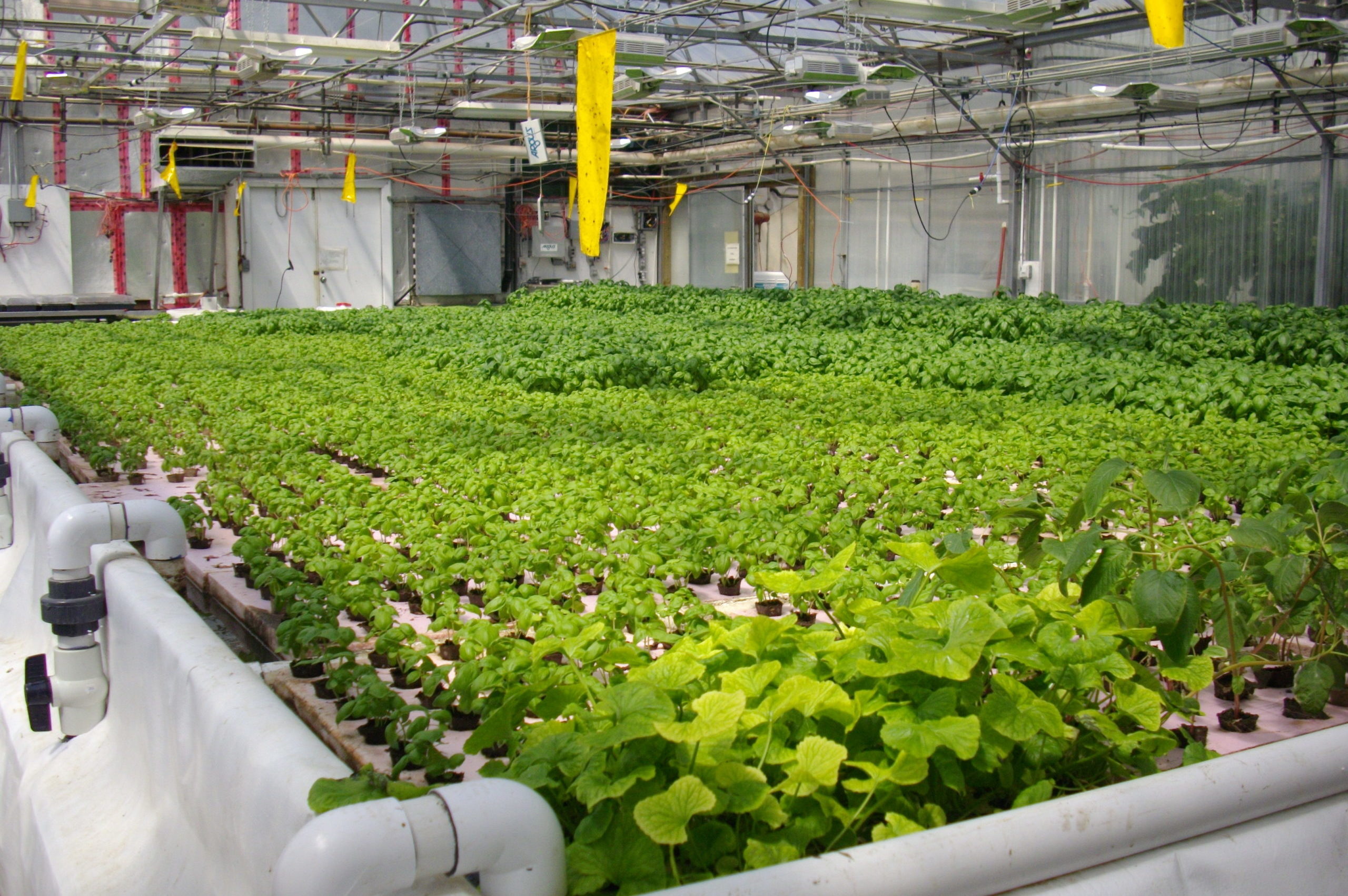
Development of biofuels based on seaweed
The energy transition law has set a target of 32% renewable energy, including 40% renewable electricity by 2030. To achieve this goal, seaweed are a real alternative fuel. In fact, these aquatic organisms are rich in fatty acids and contain an easy-to-extract oil which can replace oil once treated. Seaweed has the advantage of being fast growing and easy to grow. Countries have already invested in research, including the United States and Israel, for estimated results within a decade.

More efficient solar panels
Research leads to more flexible, lighter and more efficient solar panels. Among the new generations of panels, two innovations are promising:
Printable solar panels that reduce manufacturing costs. These are machines capable of printing flexible solar cells on plastic films in few minutes.
The development of organic photovoltaic cells that don’t need to be structured on a rigid panel. They can be applied as a spray and thus offer endless possibilities for future use (car roofs, buildings, etc.).
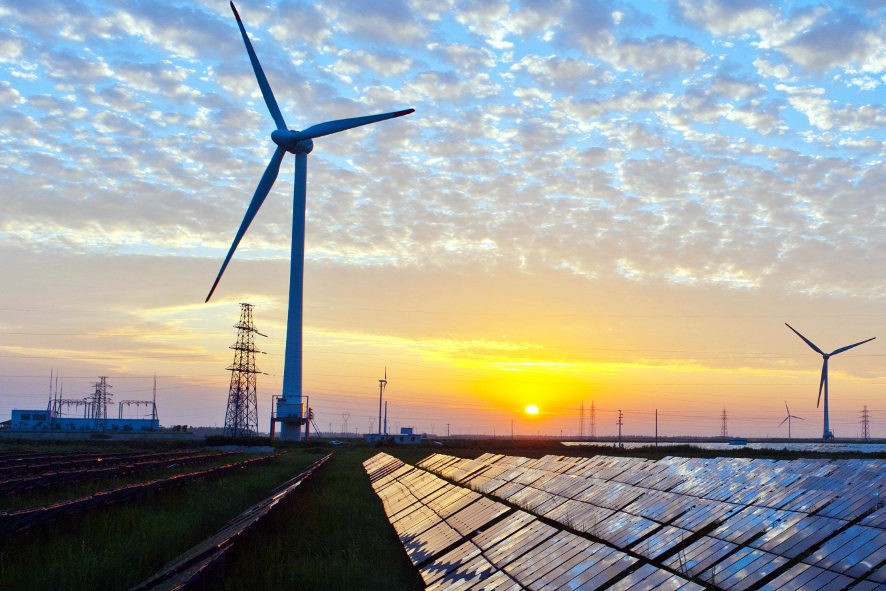
Developing renewable energies
Energy is becoming more and more expensive and the alternatives proposed (coal, shale gas, etc.) raise many environmental debates. It is estimated that world energy consumption will increase by 40% between 2009 and 2035. To face these challenges, France invests nearly 4.5 billion euros each year in order to develop research for renewable energies and find solutions profitable. The goal: to use inexhaustible sources such as the sun or the seabed for energy.
Recycling of photovoltaic panels
The objective is to set up a recovery program for photovoltaic solar panels. As these products have a guaranteed lifespan of 25 years, the first photovoltaic panels should reach the end of their life by 2025 in France.
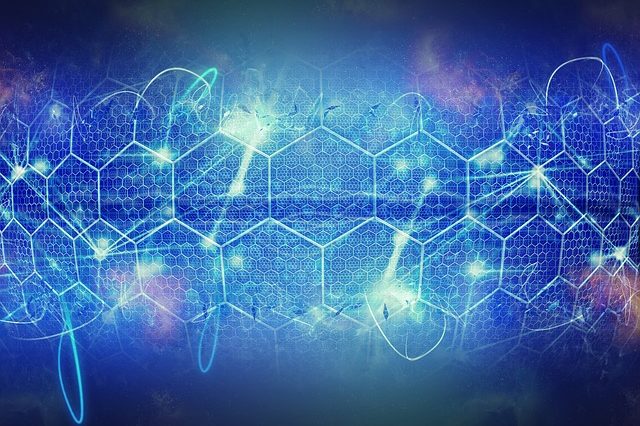
Developing new energy networks
Nowadays, setting up centralized distribution networks capable of transporting energy over long distances proves to be extremely costly and is a source of environmental difficulties. Renewable energy technologies are proving to be more profitable, affordable and competitive. Our experts support you by finding the most appropriate energy combination for your organization and its constraints.
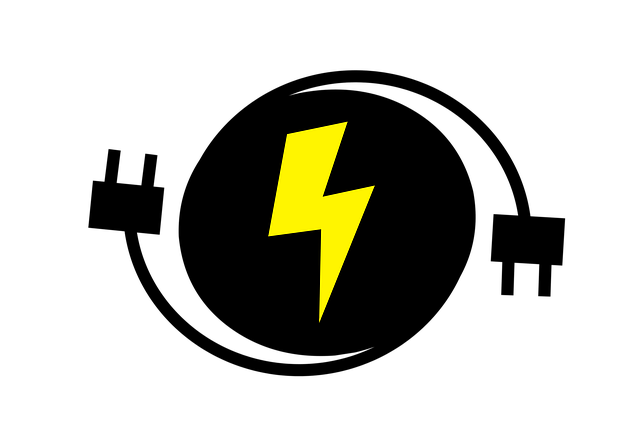
Design new forms of energy storage
To design the global energy system of tomorrow, it is essential to set up storage devices and charging stations that are efficient, affordable, safe, practical and adapted to the different needs of users. Considerable progress has been made in recent years in optimizing battery consumption for small-scale use, especially for mobile phones and electric vehicles. However, innovation in this area still needs to be strengthened.
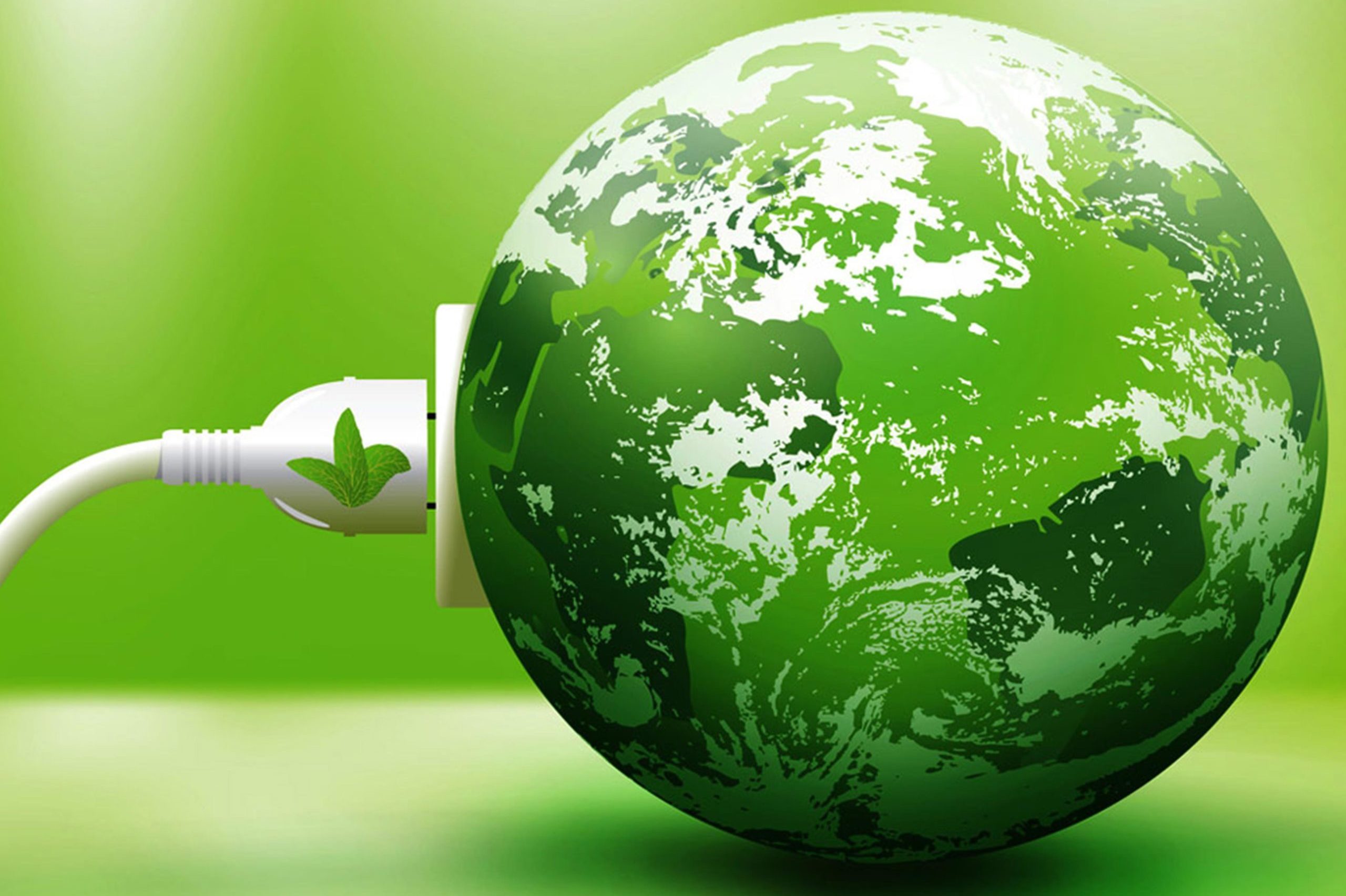
Evaluate the impact of a project on flora and fauna
The aim of the fauna and flora expertise is to choose the solution that best reconciles the opportunity of the project with the preservation of the environment. Once the flora and fauna inventory has been carried out, it is necessary to assess the stakes in the light of these results, to imagine the foreseeable impacts of the project and to define reduction avoidance measures to reduce these impacts. In the event of significant residual impacts on protected species, provision must be made for compensation measures and a request for exemption.
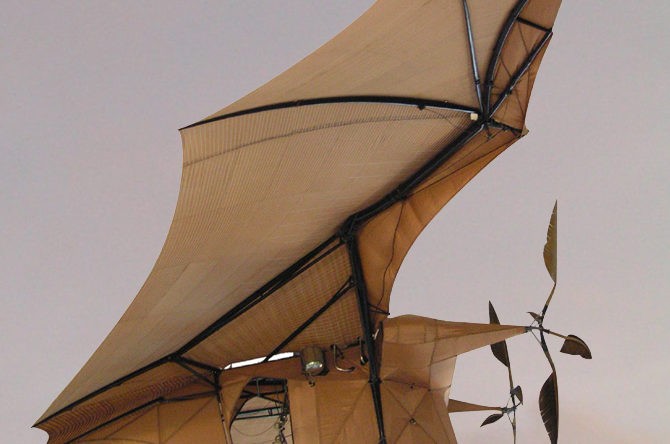
Biomimicry: building and producing more efficiently through nature
Biomimicry is a process of innovation inspired by the forms, materials, properties, processes and functions of living things. Using the keys of biomimicry allows you to change your outlook on our organizations. Discover this approach to name the inconsistencies and identify new opportunities to develop new products more respectful of nature
Contact us
You need to contact us? You want to have access to our catalogues? Please write us now.
